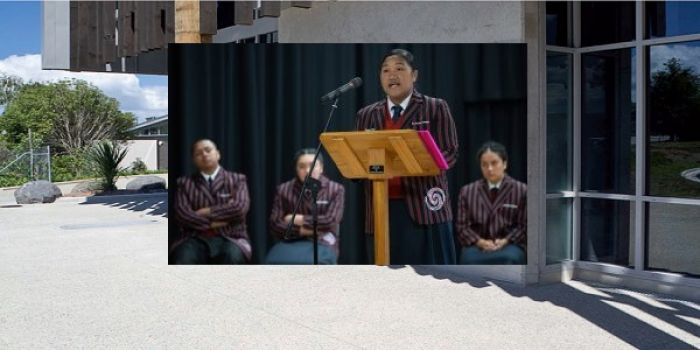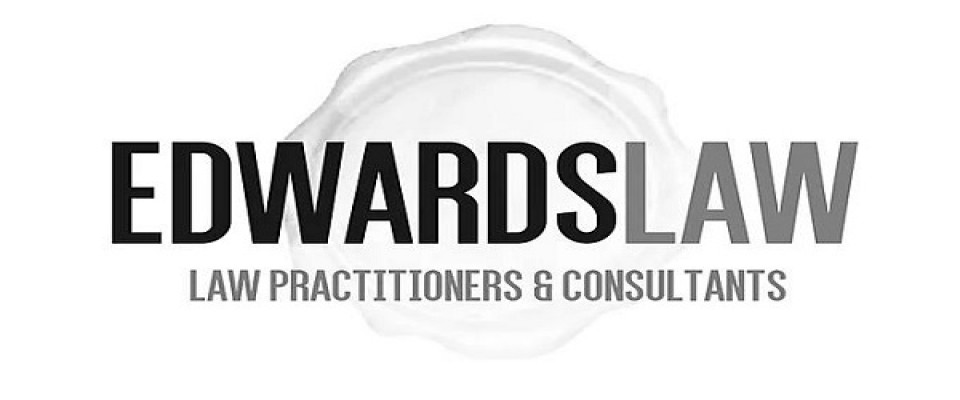Tongan student pleads: 'Don't make me a brown Palangi' Featured

26 February, 2019. A Tongan Auckland high school student is issuing a plea to educators not to make her a “brown Palangi” – a brown-skinned person with European values.
Foloiola Finau, a Year 13 student at in Ōtara, says education initiatives should aim not to “fix” Māori and Pasifika students who are seen as “failures”, but to fix “the whiteness of our education system”.
She and five other Kia Aroha students will tell a conference of the Association for Research in Education tomorrow that their success should be measured in their strength in their own cultures as well as in their knowledge of English or maths.
“We are challenging the idea that Western academic achievement is the primary measure of student success,” Foloiola said.
“Our group wanted to know why all of our education initiatives focus on fixing us, instead of fixing the racism, the quality of teaching, the whiteness of our education system and our schools.”
Foloiola, who has already achieved University Entrance, challenged schools to reject the racist view that Māori and Pasifika students are “dumb”.
“A transformed education system would actively reject that stereotype and stop expecting that we should change into some brown version of Palangi to be seen as ‘successful‘.”
Foloiola Finau and her fellow “warrior researchers” are challenging schools to reject racist stereotypes. Photo / Greg Bowker facebook twitter email linkedin google-plus whatsapp pinterest reddit
is a designated character state school with 207 students, 52 per cent Pasifika and 42 per cent Māori. Its has one European student.
Students don‘t move around to different subject teachers, but each class has three teachers who teach an “integrated” curriculum, which includes the students‘ own cultures.
Year 13 Tongan student Daniel Hopoate said he couldn‘t speak any Tongan when he started at the college in Year 7, but was now fluent in Tongan language and dance.
“Attending Kia Aroha College has developed my knowledge about my cultural identity and language and I can stand proudly and say I am Tongan,” he said.
“To me and my family, that is learning at the highest level.”
He also expects to leave school with Level 3 of the National Certificate of Educational Achievement (NCEA) and hopes to study software engineering at Brigham Young University in Hawaii.
Year 12 student Sesoni Finau attended Tangaroa College in his first two years of high school and said he had little knowledge of Tongan language until he came to Kia Aroha last year. He said Tangaroa teachers only saw him for their subjects and didn‘t really know him.
“They don‘t want to really help you if you don‘t know what you‘re doing,” he said.
“Here they want to discuss pathways. They are like our actual family, we can just talk to them like how we want.”
He said learning in Pasifika and Māori cultures was co-operative, not individual.
“It‘s not just the teachers, it‘s all of us, we all achieve together,” he said.
“Warrior researchers” Maroha Tupe, left, Daniel Hopoate, Foloiola Finau, Adrienne Fakalava, Sesoni Finau and Mahina Tupe are all proud in their cultural identities. Photo / Greg Bowker facebook twitter email linkedin google-plus whatsapp pinterest reddit
The group used an app called to map where students had experienced racism, often at other schools where a teacher had told one girl she was “smart for a Tongan girl” and another teacher, after asking students to introduce themselves, asked a student: “What‘s your English name, not your Samoan name?”
One student told the researchers: “I was followed around this store as if it was assumed I was going to steal something.”
Another said: “I was racially profiled as a Māori by a white man and was asked where to buy dope.”
The team also mapped places that celebrated their cultures, such as local marae, kōhanga reo, Samoan and Tongan early childhood centres and the students‘ own homes.
, the college‘s former principal who coached the students for their presentation, said the school called all its students “warrior scholars” because they were encouraged to analyse unfair situations and take action to change them.
The “warrior researchers” took that one step further by surveying their community in order to change it.
- Hawthorn Caller
4 comments
-

We have problems, racial and what not. That is life. Welcome to the real world. We can all stay in Tonga and all look brownish and be happy with our culture and every thing else. At the same time dreaming and desire to have what the white men have. The white men was doing fine until we invaded them. No difference then the white men invaded the Kiwi. I called that, As the World Turns. We migrate because there was something better than what we have. We assimilate to our new country then let the people left behind to maintain and keep the culture we lost. May be I am off beat but that is my story and I am sticking to it.
-

A VERY IMMATURE VIEW BY young Ms. Foloiola Finau...and a very naive comment by Bertie...Does Ms. Foloiola Finau think that the world evolves around her lack of cultural identity? Lucky you being brought up in New Zealand with all the conveniences made possible by people of multi-cultural backgrounds. To generalize Europeans' "racist" values against Maoris and Pacific Islanders shows a confused "lucky" Tongan child who does not know what racism means. Being followed around a store by store security guards does not show me ethical essay composition skills of presenting verifiable evidence, for one: who collaborated this story; verifiable identification of store guards; and were there reports recorded of this episode? You may be going to BYU-Hawaii Foloiola Finau to study computer programming, but you don't show me ethical literary judgment to make a public statement without collaborated evidence. And Bertie piled on to blame white people and parents of Pacific Islanders for not teaching their language to their children. Listen here Bertie, your parents are hard working and may be working 2 or 3 jobs a day to put food on the family dinner table. You should be thankful that you can speak English. That way you can advance yourself anywhere in the world. We Tongan-born Tongans had to learn English as a second language. How many jobs in New Zealand (and in Tonga for that matter) requires you to speak Tongan without speaking English?
-

What a truly enlightening reflection Bertie! If only we can always all clearly think this way, a lot of good things happen along the long-winded way we journey through the thick and thin of things in the everlasting cycle of life and death from this life to the afterlife.
-

Racism is an every day occurrence whether at school or in public . We who are not born white should know that we will never be excepted as equal within white society . We would be living a delusion if we think otherwise .Yes we could be great achievers academically and socially but that will not get one the respect one is entitled to from a white perspective . As for children of Pacific island countries born overseas not being able to speak the mother tongue that's the fault of the parents of those children for not speaking to them in their native language ,As can be seen the only places where Islanders and their culture are appreciated are the Marae kohaga reo , Samoan and Tongan child care centre ,and why is that ? Because we are Polynesian and we have a common cultural background . We as a race will be tolerated because it's the accepted standards of respectable or moral behaviour to do so ,Many a times we belittle our cultural heritage by not speaking the mother tongue to our children because we denigrate the native language because of some silly notion that the children born overseas in Palangi land should speak Palangi language and grow up as Palangi . No one can teach our children better than us the Parents that brought them into the world ; if they can't speak the native language than how could they understand their culture ??????



